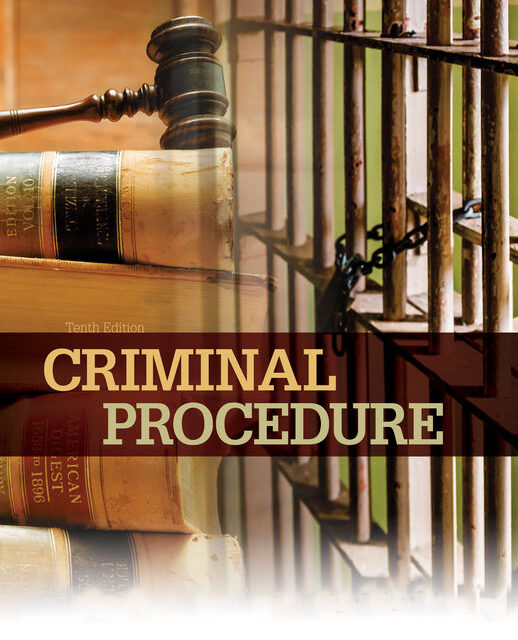When a person is acquitted from a case with a compounding order due to the compromise between the parties, it cannot be treated as being innocent.
Judicial proceedings if the offence is non-compoundable can be quashed if the interest of justice will be ultimately met. Such an option is availab
Parole is considered conditional freedom for a prison inmate. The parolee gets out from behind bars but is bound by law to live up to a series of r
Protection of life and liberty is a fundamental right under article 21 and available to all, therefore it is the duty of the state to protect the s
When the circulars are issued exercising powers under sections 10 and 11 of DTVSV Act, directions are supposed to aid and smoothen bringing into op
A company cannot show avoidance when an individual has approached them to correct his details and particulars in the company data documents. A divi
Considering the facts and circumstances of the case and after having perused the preliminary enquiry report & the statement of the Commissioner
Instigation is to goad, urge forward, provoke, incite, or encourage to do “an act”. To satisfy the requirement of instigation though it is not
The appellate authority under the RTI (Right to Information) Act of the Securities and Exchange Board of India comprising of Mr. Anand Baiwar adjud
The appellate authority under the RTI (Right to Information) Act of the Securities and Exchange Board of India comprising of Mr. Anand Baiwar adjud




